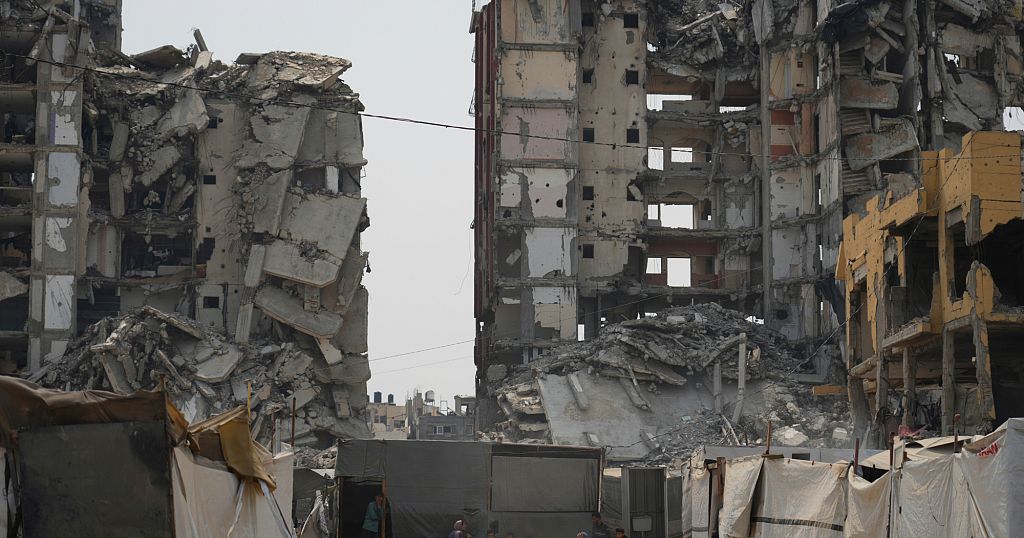Israel’s military leadership has greenlit a controversial strategy to seize full control of Gaza City during the next phase of its ground offensive, according to a statement released Wednesday. The decision, approved by the Israel Defense Forces (IDF) chief of staff, follows Prime Minister Benjamin Netanyahu’s announcement last week of plans to assert authority over Gaza City and ultimately the entire Gaza Strip—a move swiftly denounced by global leaders.
Netanyahu’s proposal, framed as a long-term security objective, reignited international backlash, with multiple nations condemning the potential escalation. Gaza City, temporarily occupied by Israeli troops in October 2023 after the war’s outbreak, was later vacated but remains a focal point of renewed military activity. While the timeline for the ground offensive remains unclear, intensified airstrikes have already struck the city in recent days, resulting in 123 Palestinian fatalities within 24 hours, as reported by local sources. The area, densely populated and home to multiple refugee camps, faces mounting civilian peril as strikes target urban zones.
Humanitarian conditions in Gaza continue to deteriorate, with aid organizations warning of catastrophic food shortages and collapsing infrastructure. Despite calls for a ceasefire, negotiations brokered by Qatar, Egypt, and the United States have stalled, leaving little hope for immediate de-escalation. Israel’s restrictions on humanitarian deliveries—criticized as exacerbating starvation risks—have drawn sharper rebukes from the international community.
Diplomatic pressure on Israel has intensified amid the crisis, with Australia and France becoming the latest nations to announce impending recognition of Palestinian statehood. Their decisions reflect growing momentum to address Palestinian sovereignty, even as violence persists. Analysts suggest such moves signal frustration with stalled peace efforts and Israel’s military strategy, though Western allies like the U.S. remain divided on the approach.
The resurgence of strikes in Gaza City underscores the fragility of the territory’s civilian population, over half of whom are displaced. With no clear path to relief or resolution, the specter of prolonged conflict threatens to deepen one of the region’s most severe humanitarian crises in decades.
